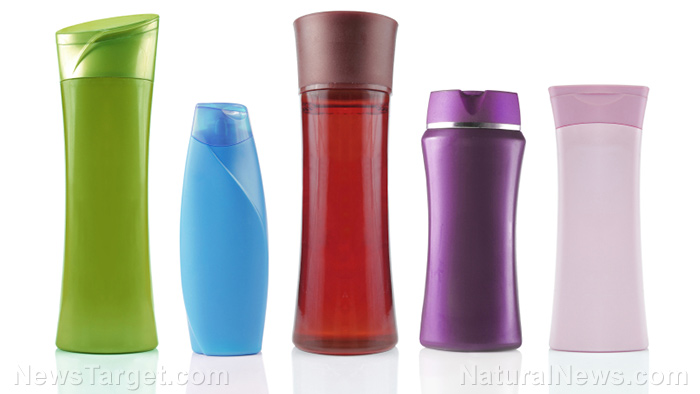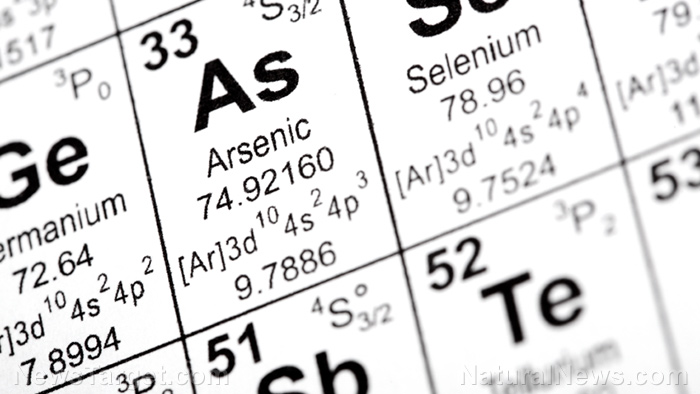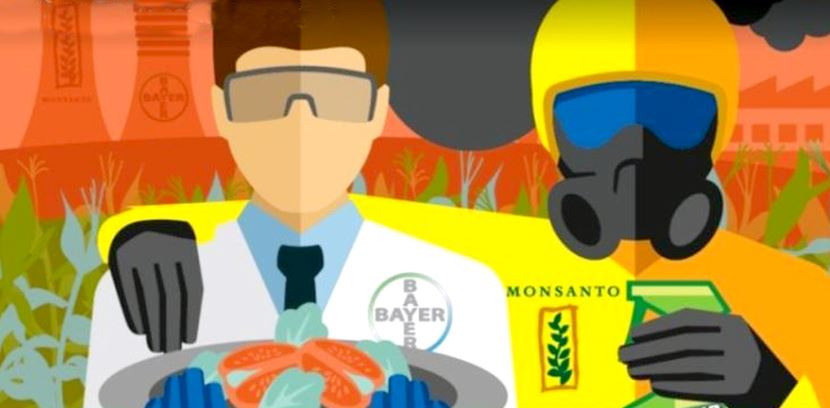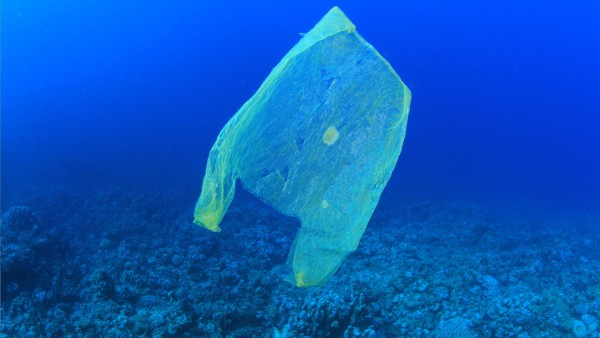BPA alternative, bisphenol S, just as dangerous – even tiny concentrations of BPS can impair brain development
06/17/2018 / By Isabelle Z.

By now, most people are well aware of the dangers of Bisphenol A, or BPA, and it has become commonplace to see plastic goods boasting of being BPA-free on the label. As long as you stick to items that you’re sure don’t contain BPA, you shouldn’t have anything to worry about, right?
Unfortunately, it looks like the alternatives aren’t much better, and studies show that a common BPA alternative, bisphenol S (BPS) is actually just as bad.
Even miniscule BPS concentrations were found in a study to disrupt the functioning of cells. This happens at concentrations as low as less than one part per trillion, and it’s enough to spur obesity, diabetes, and even cancer. It’s one of those no-win situations for consumers that is not unlike the choice between sugar and artificial sweeteners: It’s all bad for you.
Where can you find BPS? It’s commonly used in food packaging and to replace BPA in those bottles that boast being BPA-free. You can also find it in paper currency and thermal receipt paper, so minimize your contact with both, don’t give your kids receipts to play with, and wash your hands after shopping.
What does BPS do to your body?
One of the biggest problems with BPA is that it causes cancer cells like those seen in breast cancer to multiply to an exponential degree, and now it appears that BPS has a similar effect. In fact, studies have found it to act like estrogen inside breast tissue, with amounts as low as 8 micromolars causing a 60-percent rise in breast cancer cell growth. Suddenly this BPA alternative doesn’t sound quite so comforting, does it?
This endocrine disruptor has also been found to cause hyperactive behavior and alterations in the development of brain cells in zebra fish, whose brains develop in a similar way to those of humans. In particular, studies found that it impacted the hypothalamus, which is responsible for regulating a person’s hormones, mood, hunger, heart rate, and temperature. Their findings indicated that exposure to BPS and BPA alike could even impact the brain development of babies in the womb, affecting their future behavior, weight, and hormone production. (Related: Plastics chemicals BPA, BPS linked to altered brain development.)
The authors of that study, which was published in the Proceedings of the National Academy of Sciences, called for removing all bisphenols from consumer goods.
BPS has also been linked to heart arrhythmia in a study from the University of Cincinnati. When rats were exposed to levels of BPS that resembled the average exposure level of humans, it blocked an estrogen receptor in the female rats. This disrupted their calcium channels, causing their hearts to race.
BPS is structurally similar to BPA, so it’s not surprising that it has similar effects on people’s health. It took a long time for the FDA to ban the use of BPA in plastic baby bottles and cups for children, so it will be interesting to see how long it takes for them to give this chemical a closer look. For now, the best thing you can do is use glass instead of plastic whenever possible. Always be aware of what chemicals are used in the products you buy, and research their safety. Roughly 81 percent of all Americans have detectable BPS levels in their urine; are you one of them?
See Cosmetics.news for more news about cosmetic ingredients.
Sources include:
Tagged Under: bisphenol A, bisphenol S, bisphenols, BPA, BPS, brain development, chemicals, Cosmetics, Endocrine disruptors, FDA, Hormone disruptors, Personal care products, plastics, toxic ingredients, toxins


















